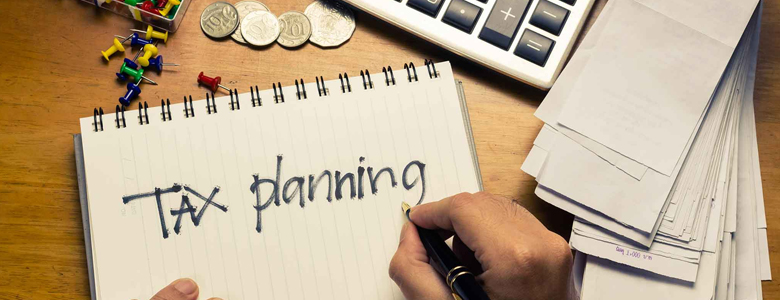
Income tax savings schemes are offered as per the relevant sections of the Income Tax Act, 1961. . There are various sections of the Income Tax Act, 1961 which deal with tax deductions and exemptions such as Section 80C, 80D, 80CCF and others.
There are multiple opportunities to reduce an individual’s tax burden by using the available schemes
Income Tax Saving Schemes:
Section 80C allows for exemptions up to Rs.1.5 lakhs per annum through investments in a list of schemes and instruments as described in the section rules.
- LIC Premium
- PPF
- NSCs
- ULIP
- Notified Annuity Plan of LIC or any other Insurer (New Jeevan Dhara, New Jeevan Dhara-I, New Jeevan Akshay, New Jeevan Akshay-I and New Jeevan Akshay-II)
- Deposit in account under the Senior Citizens Savings Scheme Rule 2004
- Principal on Housing Loan (including stamp duty, registration fees & other Expenses incurred for the purpose of transfer of property
- Child Tution Fees – Tuition Fees paid to the School/College/University
- Term Deposit for a fixed period of not less than 5 years with a Scheduled Bank
- Infrastructure Bonds
- Notified Mutual Fund
- Interest on NSCs
- 5 Years Term Deposit under Post Office Term Deposit Rules
Other Tax Saving Schemes other than Sec 80C:
- Section 80D: Exemption on Health insurance premiums for self, spouse or children. Maximum exemption of Rs.25000.
- Section 80DD: For treatment or maintenance of a physically disabled Dependent. Maximum exemption of Rs.15000 for individuals and Rs.20000 for senior citizens.
- Section 80E: Exemption for education loan interest repayment. Full interest amount deductible for 8 years maximum.
- Section 80G: Exemption on charitable donations. Maximum exemption of 100% of investments.
- Section 80GG: Exemption on house rent paid, subject to a maximum of Rs.2000 per month or rent paid not more than 10% of income or 25% of overall income.
- Section 80GGC: Full exemption on funds contributed to political parties.
- Section 80U: Rs.75000 exemption if taxpayer is disabled and Rs.1.25 lakhs exemption if taxpayer is severely disabled.
